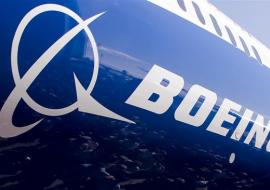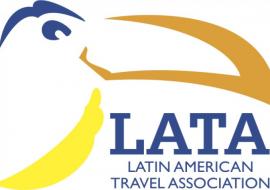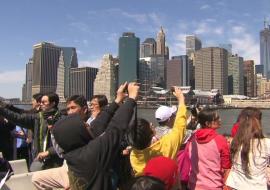Flight Delays Likely to Go On, Spread to Other U.S. Carriers
Last week’s flight cancellations by American Airlines are likely to spread to other U.S. airlines in the weeks ahead as federal regulators step up a by-the-book review of carriers’ compliance with maintenance and safety orders issued in recent years.
“If we do uncover any safety issues from these audits, the carriers will have to make a business decision as to how to deal with the issue,” Federal Aviation Administration spokesman Les Dorr said.
Midwest Airlines on Thursday became the latest airline to ground planes and cancel flights to re-inspect a wiring harness, the same issue that has forced American to cancel more than 2,400 flights and Alaska Airlines to cancel about 40 more in recent days.
Depending on how you look at it, this could be viewed as a classic bureaucratic overreaction after the agency was embarrassed by the disclosure last month that FAA inspectors were letting Southwest ignore airworthiness directives –or that the top brass, shocked at how lax the safety review system had gotten, has finally awakened and ordered a high-impact new way of doing business.
The first round of audits, conducted over a two-week span last month, checked 10 airworthiness directives that apply to each carrier’s fleet. Under the second phase, which runs through June 30, individual inspectors will check a random sampling of 10 percent of the orders that apply to each airline’s fleet.
Flight delays and cancellations could soon get worse, “particularly for the carriers that have older fleets,” Harrell said. About 35 percent of the U.S. fleet is more than 25 years old, according to the International Air Transport Association.
The FAA last week announced a new reporting system designed to make it easier for inspectors to raise concerns and that it was strengthening ethics policies aimed at easing potential conflicts of interests.
The agency is also considering establishing a two-year “cooling off” period before former inspectors could work for an airline they were overseeing. That would match the time that new inspectors hired from industry must wait before they can oversee their former employer.














